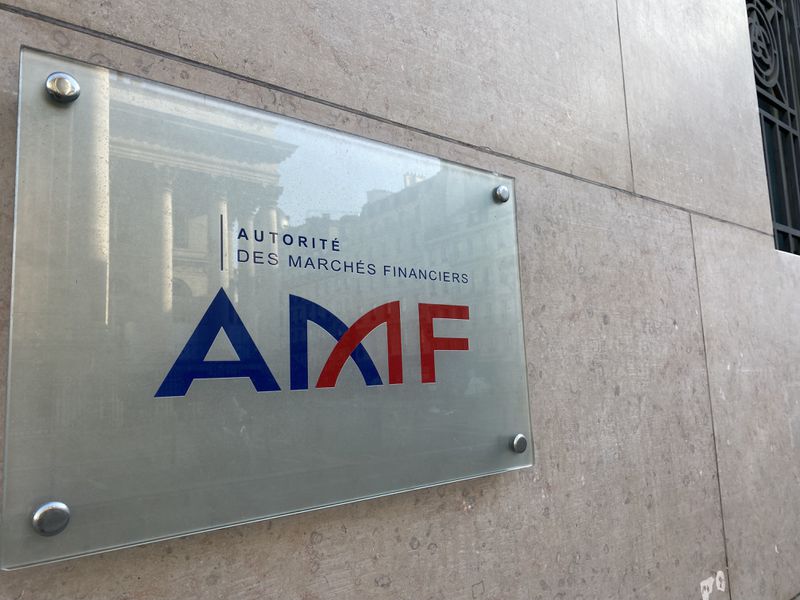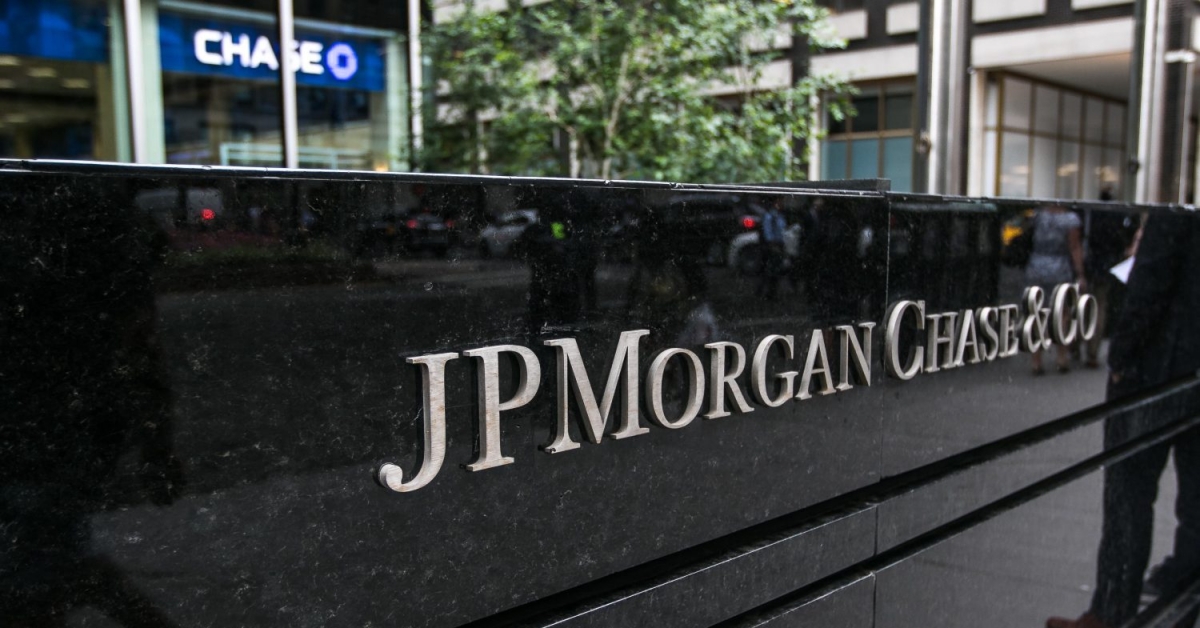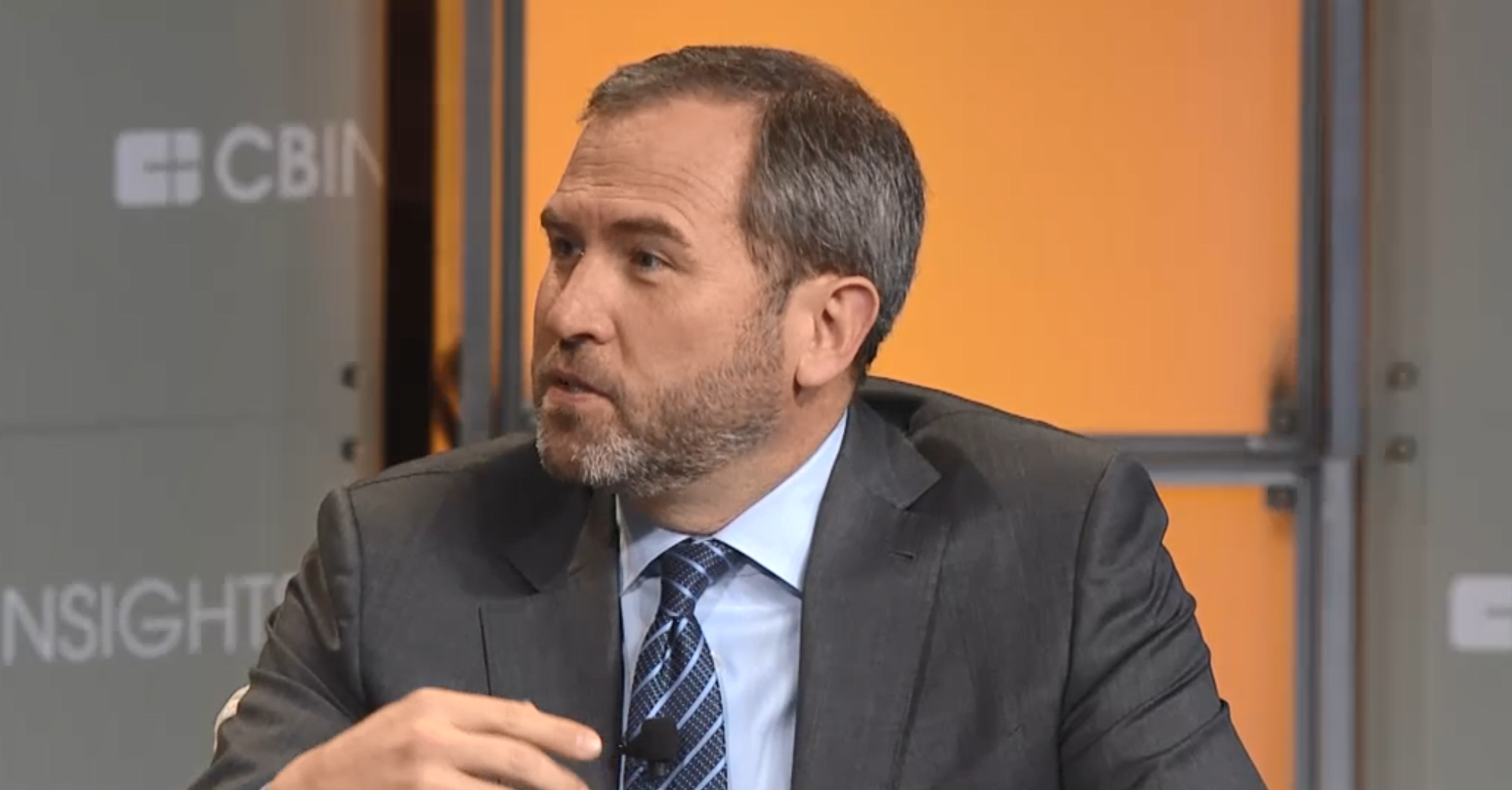Philippines Security Regulator Warns Binance Is Operating Without a License
/arc-photo-coindesk/arc2-prod/public/LXF2COBSKBCNHNRE3WTK2BZ7GE.png)
The Philippines Securities and Exchange Commission is warning users in the country that it may soon block access to Binance as the exchange is operating without a license in the country.
In a notice, the regulator said that Binance is not authorized to sell or offer securities to the public.
The regulator also said Binance is actively promoting crypto trading to Filipinos on social media, an offense in the country that may have criminal liability for the promoter.
“Those who act as salesmen, brokers, dealers or agents, representatives, promoters, recruiters, influencers, endorsers, and enablers of Binance in selling or convincing people to invest in its platform within the Philippines, even through online means, may be held criminally liable under Section 28 of the Securities Regulation Code,” it said in the notice, warning of fines of 5 million Philippine Pesos ($90,000) or up to 21 years in jail.
The regulator is also seeking the assistance of the National Telecommunications Commission to block Binance in the country, and it has ordered Google and Meta to block local ads from Binance.
This block, if approved, will take place in three months allowing local users to liquidate and withdraw their positions.
Local media in the Philippines published a response from Binance, where the exchange said it was “committed to aligning with applicable local regulations. Under our new leadership, we have taken proactive steps to address the SEC’s concerns.”
Binance recently settled with U.S. authorities, agreeing to pay $4.3 billion in fines on charges that it failed to maintain a proper anti-money laundering program, operated an unlicensed money-transmitting business, and violated sanctions law.
Edited by Oliver Knight.









